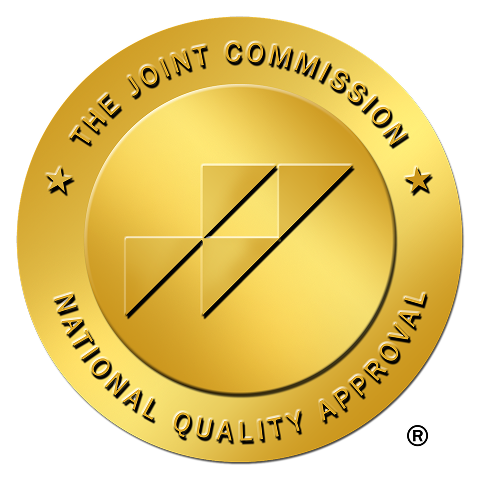Self-Harm Treatment at Overstory Health
Self-harm is intentionally injuring oneself to cope with emotional pain, often linked to sadness, anxiety, or numbness. About 17% of people report self-harming at some point in their lives.

Comprehensive Care Tailored to Your Needs
Our programs, known as Intensive Outpatient (IOP) and Partial Hospitalization (PHP) Programs, offer an intermediate level of care best suited for those in need of greater support than standard weekly therapy but without requiring a hospital stay. We provide:


Our Approach to Intensive Therapy
Overstory offers expert-reviewed, flexible, and compassionate mental health care tailored to individual needs, with personalized goals and whole-person support.


The Overstory clinical model has been reviewed by a multi-disciplinary team of clinician experts at McLean Hospital.

We offer both in-person and virtual treatment for those in our care, giving you the flexibility to choose what's right for you and your schedule.

Each one of our clients is consulted about individual needs outside of chronic mental health challenges to ensure whole-person care.

We work with you to set treatment goals and monitor your progress, but we recognize that "success" isn't one-size-fits-all. We’re here to define success together.
Frequently Asked Questions
Self-harm is often caused by difficulty coping with overwhelming emotional pain and distress, as a way to regain a sense of control or temporarily relieve emotional pain. Self-harm can occur in individuals with many diagnoses.
Self-harm is relatively common, with studies suggesting that about 17% of people report self-harming behaviors at some point in their lives.
Through evidence-based individual therapy, facilitated group therapy, medication management, and a non-judgemental environment, Overstory’s programs treat self-harm.
An Intensive Outpatient Program (IOP) for self harm provides structured treatment with multiple weekly sessions, focusing on individual therapy, group support, and skills development. It offers a more intensive level of care than regular outpatient therapy but allows participants to live at home and continue with daily activities.
A Partial Hospitalization Program (PHP) helps with self-harm by providing intensive therapy and support, including individual and group sessions, to address symptoms, improve coping skills, and promote stabilization. It offers a structured environment during the day while allowing individuals to return home in the evenings, promoting recovery without the need for 24/7 inpatient care.
If you’re engaging in any type of self-harm, you should seek immediate help.
Duration in Overstory’s programming will depend on the individual need but is expected to last two to six weeks.


